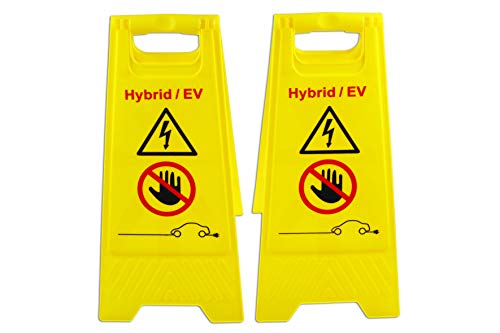I will pick up a triplet in Norway next week - not sure witch one yet - they have so many for sale. There is a dealer of cheap sparepart near by. Which ones should i buy? I am quite confident that I can solder the small componenets that normally ´die´in the onbord conveter ((type 1 slow charger). Otherwise there is a great Maker Space nearby that can help. In Denmark, where I live, there are only 500 triplets, in Norway with a similar population size, there are around 5000 and quite many that salvage cars and sell spareparts. So what to do? The car that is most interesting, a 2012 C-Zero in good condition has just past the goverment required safety and mechanical check (2-year interval) and the milage is 135.000 km (84.000 miles) and cost 1570 USD /1532 Euro/1284 GBP. The range is 95 km summer and 60 winter. Norwagian winters are cold - even in southern Oslo, and they have many mountains. Denmark is flat ad a pancake and the climate around Copenhagen is warmer - winters are 5 degrees celcius (9 degrees fahrenheit) warmer in average - which equals higher range here. And yes. I know this is an I-miev forum - but it might end up with an I-Miev 
So - what to buy?
Best Regards
Leena Norðdahl
So - what to buy?
Best Regards
Leena Norðdahl
Last edited:























